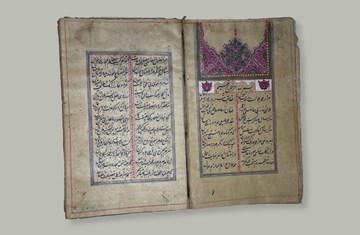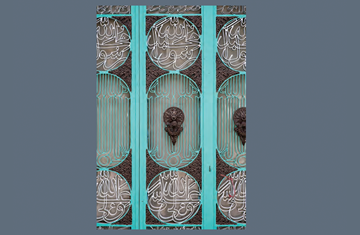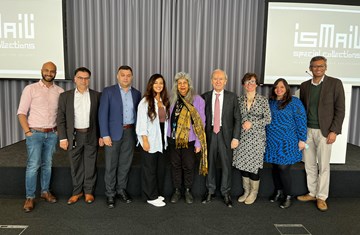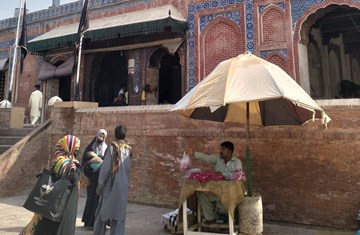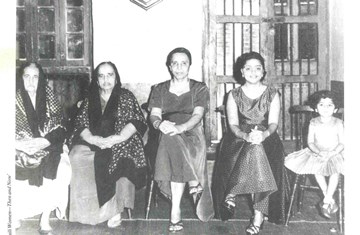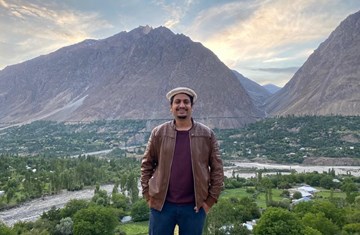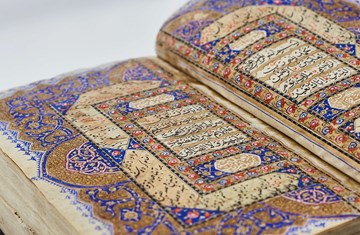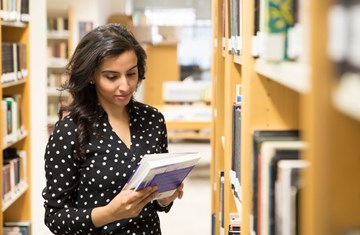Exploring Self-identity in Diasporic Communities
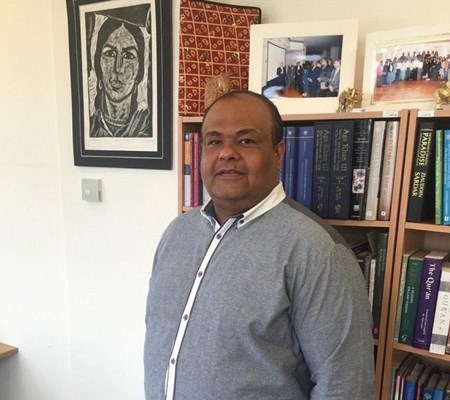
Dr Al-Karim Datoo
Dr Al-Karim Datoo presented a paper entitled Self-identity and Communal Identity in a Diaspora at the 8th Global Meeting of the Diasporas Research Stream, held at Mansfield College, University of Oxford. The conference aimed to explore and understand the contemporary experiences of communities living outside of their home land, how they have evolved over time, and the impact on their identity, cultural expressions and interests.
Dr Datoo’s paper studied three generations of both diasporic and non-diasporic communities from the Central Asian, South Asian and East African contexts, analysing how discourses on notions of history and traditions (roots) and the choices people make due to the influences of globalisation (routes) are negotiated across generations.
The paper highlighted some of the key cultural changes that have been experienced inter-generationally, particularly the way in which each generation views tradition and identity in their host environment, through their values, vernacular and lifestyle.
The key findings identified four major forces that have influenced changes in the way second and third generations perceive their roots and associated world-views. These included, acculturation into the host society, education, exposure to an array of multicultural ideologies and social media.
Drawing insights from multi-site qualitative case-studies, Dr Datoo outlined theoretical links between diasporic communities and multiculturalism. Speaking about the research, Dr Datoo commented:
The research aimed to explore the processes of globalisation which have impacted the community values and identity of individuals, particularly the youth. These theoretical insights enrich our understanding of how diasporic communities maintain their identities in multicultural contexts. Whilst on a pedagogical level, the research has facilitated the thinking on inter-generational communication on the issues of tradition and values.
The outcomes of this research has a rich potential to inform the Institute’s secondary curricular on educating the youth on ways in which they could reconcile the global and local notions of culture, and subsequently negotiate the dynamics between their roots and the routes.
The conference was attended by researchers and scholars from a multitude of arenas, from sociology, literature, law, anthropology to political sciences. The breadth of perspectives provided participants with an interdisciplinary lens, enabling them to engage with a multitude of contemporary issues in the globalising world.


